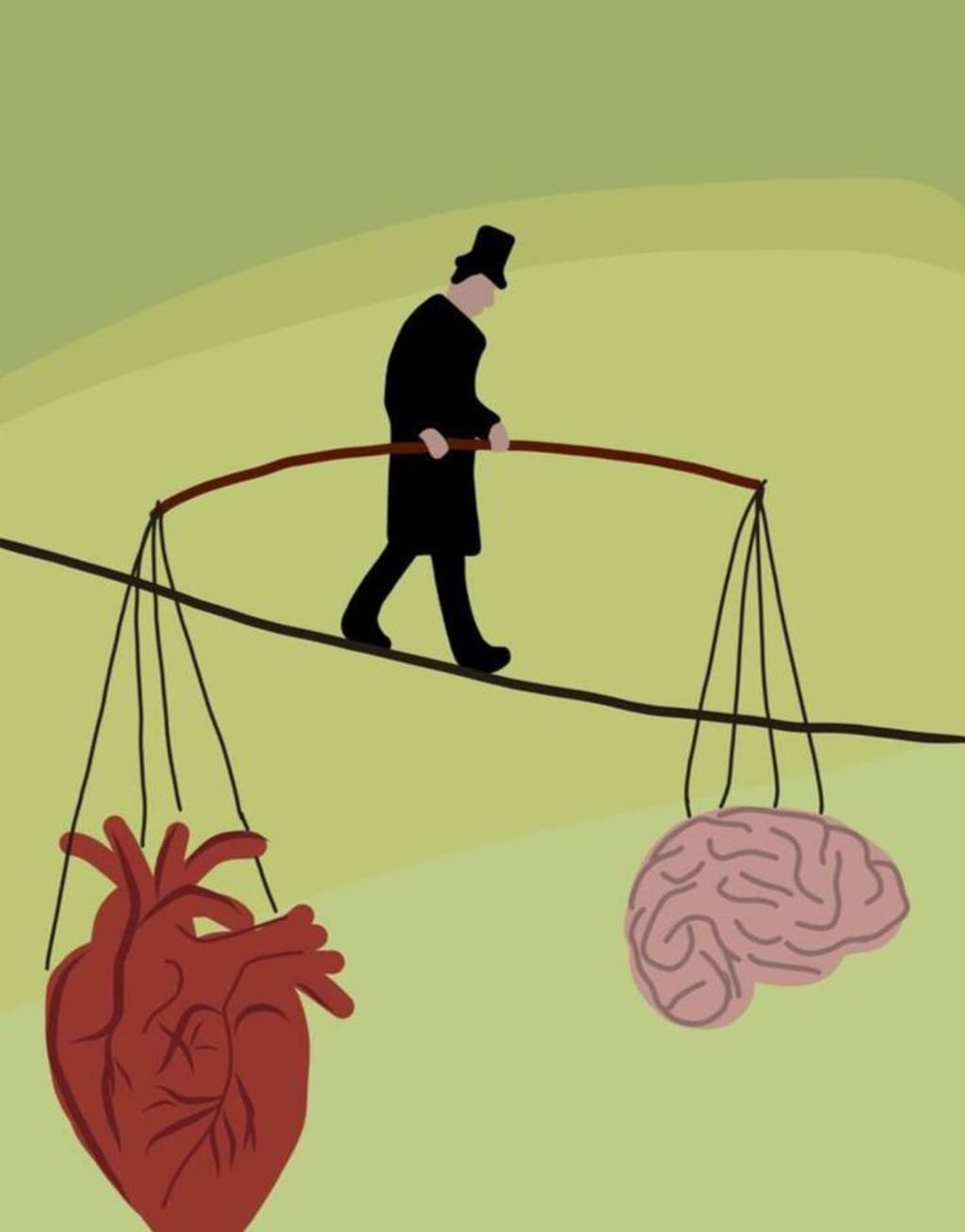Solutions to Psychological Problems: A Comprehensive Guide
Practical Approaches to Overcoming Psychological Issues

Psychological problems affect millions of people worldwide, and addressing these issues is crucial for overall well-being and quality of life. Here, we explore various solutions to common psychological problems, including evidence-based treatments, lifestyle changes, and holistic approaches.
1. Cognitive Behavioral Therapy (CBT)
CBT is a highly effective, evidence-based treatment for various psychological issues, including depression, anxiety, and PTSD. It focuses on identifying and changing negative thought patterns and behaviors.
- How It Works: CBT helps individuals recognize distorted thinking and learn to respond to challenging situations more effectively. Techniques include cognitive restructuring, exposure therapy, and skills training.
- Benefits: Research shows that CBT can lead to significant improvement in symptoms and overall functioning. It is often considered the gold standard in psychotherapy.
2. Medication
For some psychological problems, medication can be an essential part of treatment.
- Types of Medications: Antidepressants, anti-anxiety medications, mood stabilizers, and antipsychotics are commonly prescribed.
- Usage: Medications are often used in conjunction with therapy to manage symptoms more effectively. A healthcare provider should monitor usage to manage side effects and adjust dosages.
3. Mindfulness and Meditation
Mindfulness and meditation practices can help reduce stress, anxiety, and depression by promoting a present-focused awareness and relaxation.
- Techniques: Mindfulness meditation involves paying attention to the present moment without judgment. Techniques include breathing exercises, body scans, and mindful walking.
- Benefits: Regular practice can enhance emotional regulation, increase self-awareness, and improve overall mental health.
4. Exercise
Physical activity is a powerful tool for improving mental health.
- Mechanisms: Exercise releases endorphins, which can improve mood and reduce stress. It also promotes better sleep and increases energy levels.
- Types of Exercise: Activities like walking, running, yoga, and strength training can be beneficial. The key is to find a form of exercise that one enjoys and can do consistently.
5. Healthy Diet
Nutrition plays a significant role in mental health.
- Nutrients for Mental Health: Omega-3 fatty acids, vitamins (like B vitamins and vitamin D), minerals (like magnesium), and antioxidants are crucial for brain health.
- Dietary Patterns: A balanced diet rich in fruits, vegetables, whole grains, lean proteins, and healthy fats can help support mental well-being.
6. Sleep Hygiene
Adequate sleep is essential for emotional regulation and cognitive function.
- Improving Sleep: Establish a regular sleep schedule, create a restful environment, limit screen time before bed, and avoid caffeine and heavy meals in the evening.
- Benefits: Good sleep hygiene can improve mood, concentration, and overall psychological resilience.
7. Social Support
Strong relationships and social networks can buffer against stress and improve mental health.
- Building Support: Engage with family, friends, and community groups. Support groups and therapy groups can also provide valuable connections and understanding.
- Benefits: Social support can reduce feelings of isolation, improve self-esteem, and provide practical assistance during difficult times.
8. Stress Management Techniques
Managing stress effectively is crucial for preventing and mitigating psychological problems.
- Techniques: Deep breathing exercises, progressive muscle relaxation, time management, and hobbies can help reduce stress.
- Benefits: Effective stress management can lower anxiety levels, improve mood, and enhance overall well-being.
9. Professional Help
Seeking help from mental health professionals can be crucial for addressing psychological problems.
- Types of Professionals: Psychologists, psychiatrists, counselors, and social workers can provide various forms of therapy and support.
- When to Seek Help: Professional help should be sought when psychological problems significantly impact daily functioning, relationships, or physical health.
10. Alternative Therapies
Complementary and alternative therapies can provide additional support for mental health.
- Types of Therapies: Acupuncture, herbal supplements, massage therapy, and art therapy are some examples.
- Considerations: It is essential to consult with healthcare providers to ensure these therapies are safe and appropriate for one's specific needs.
11. Self-Help Strategies
Empowering individuals to take an active role in their mental health can be very effective.
- Strategies: Journaling, setting realistic goals, practicing gratitude, and engaging in creative activities can promote self-awareness and emotional well-being.
- Resources: Books, online courses, and apps focused on mental health can provide guidance and support.
12. Holistic Approaches
A holistic approach considers the whole person, including physical, emotional, mental, and spiritual aspects.
- Integrative Therapies: Combining conventional treatments with holistic practices such as yoga, tai chi, and mindfulness-based stress reduction.
- Benefits: Holistic approaches can enhance overall well-being and address the root causes of psychological problems.
13. Lifestyle Changes
Making positive lifestyle changes can have a profound impact on mental health.
- Changes to Consider: Reducing alcohol and drug use, quitting smoking, and developing a regular routine can improve psychological resilience.
- Benefits: Healthy lifestyle choices can improve physical health, which in turn supports better mental health.
14. Educational Interventions
Educating individuals about mental health can empower them to make informed decisions.
- Programs and Workshops: Schools, workplaces, and community centers can offer mental health education programs.
- Benefits: Increased awareness and understanding can reduce stigma and encourage individuals to seek help when needed.
15. Crisis Intervention
Immediate support during a mental health crisis is vital.
- Crisis Services: Hotlines, crisis intervention teams, and emergency services can provide immediate assistance.
- Steps to Take: Recognizing the signs of a crisis, knowing how to access help, and having a crisis plan can save lives.
Conclusion
Addressing psychological problems requires a multifaceted approach. Combining evidence-based treatments, lifestyle changes, and holistic practices can lead to significant improvements in mental health. By understanding and utilizing these solutions, individuals can take proactive steps towards better psychological well-being and a higher quality of life.
About the Creator
JUHAID VOCAL TIME
By creators, for creators.
Enjoyed the story? Support the Creator.
Subscribe for free to receive all their stories in your feed.






Comments (1)
Surely it is a comprehensive guide.